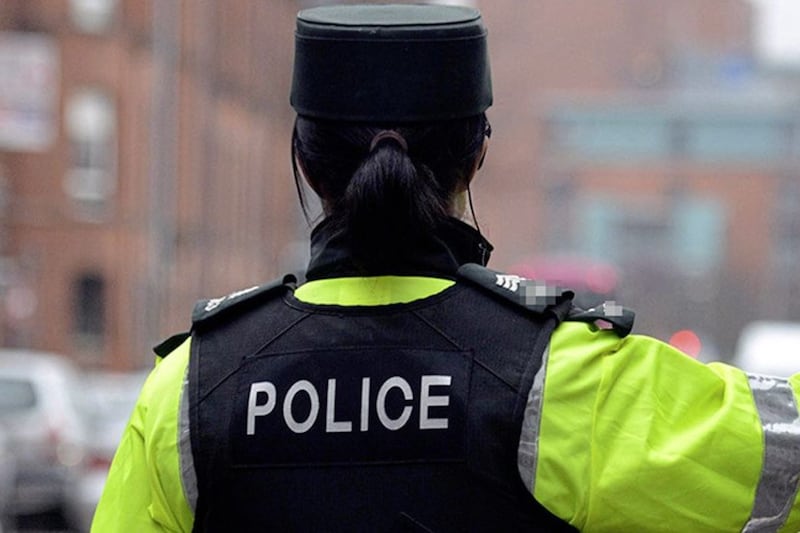PSNI officers not trained to deal with people in mental health crises are attending more than 100 concerns for safety every day, a senior officer has said.
Assistant Chief Constable Ryan Henderson made the remarks while appearing before a joint sitting of the health and justice committees at Stormont.
The committee was told attending mental health incidents is costing the PSNI around £4 million per year.
“I don’t think it’s unfair to say that the police service have become the emergency service of first resort for mental health crisis in Northern Ireland,” ACC Henderson told the committee.
“I’m surprised at just the sheer scale and amount of time police services are spending dealing with things that they would probably not consider, and I guess the committee probably would not consider, to be police work.
“In the last 12 months, the PSNI have received in the region of 39,000 concern for safety calls. That’s about 107 a day.
“Only three percent of those relate to crime…that’s a significant amount of police effort that actually relates to criminality.”
The force says it receives referrals from a number of healthcare settings, including GPs, emergency departments and mental health teams.
It commissioned a survey earlier this year which found over 100,000 police hours per year were being devoted to the calls, equating to around £4million per year.
ACC Henderson told the committee it was a “staggering” amount, and that it was not right for officers or those going through a mental health crisis.
“I don’t think there’s anyone who thinks that having a police officer with their gun, their stabproof vest and their handcuffs should be the mental health support for someone in health crisis for significant periods of time,” he said.
“It’s usually stigmatising and traumatising for someone in need of healthcare that they are sat in emergency departments surrounded by police officers while they await an assessment - officers who are not and never will be appropriately trained to deal with their needs.
“In effect, we are criminalising mental health.”







